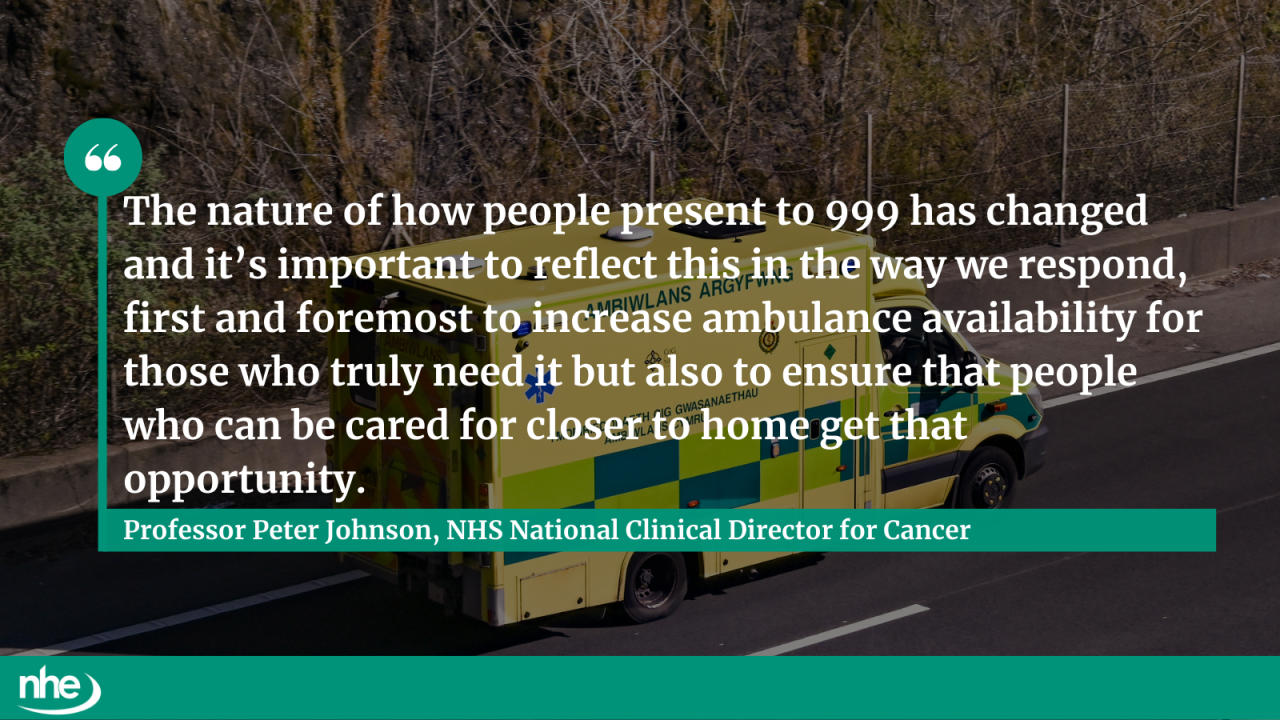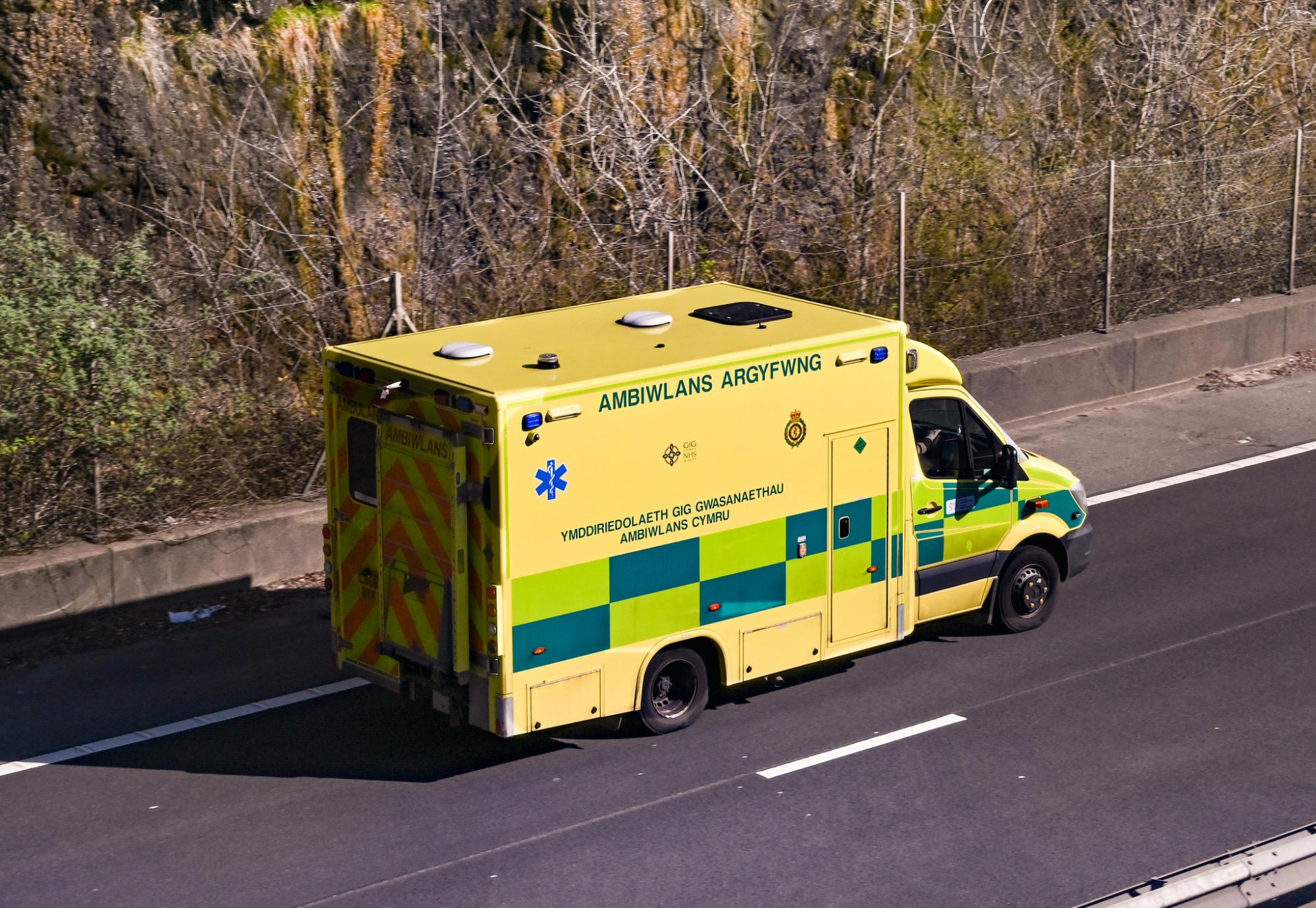From Tuesday 2nd December, the Welsh Ambulance Service will implement major changes to how 999 calls are managed, ensuring faster responses for people with serious, time-sensitive conditions such as suspected strokes and heart attacks.
The new system introduces three additional categories – “orange now,” “yellow soon” and “green planned” – replacing the previous amber and green classifications. These build on the “purple arrest” and “red emergency” categories introduced in July for the most life-threatening calls.
From Tuesday, emergency calls will fall into five response categories:
- Purple arrest – Cardiac or respiratory arrest requiring immediate ambulance response
- Red emergency – High risk of arrest, e.g., choking, needing urgent help
- Orange now – Serious conditions needing face-to-face assessment, tests, and hospital transfer (e.g., suspected stroke or heart attack)
- Yellow soon – Conditions requiring initial assessment before deciding next steps (e.g., abdominal pain, non-serious injury)
- Green planned – Less urgent cases, such as mild infections, suitable for home care or planned transport
Andy Swinburn, the Welsh Ambulance Service’s Director of Paramedicine, said:
“Calls to the Welsh Ambulance Service have traditionally been categorised as red, amber, or green, but it’s become apparent these categories have broadened over time, leading to an inefficient use of ambulance resources.
“The current amber category in particular – which represents around 70% of total demand – doesn’t allow for a more targeted response to serious conditions like a stroke or a fractured hip, which means that some patients wait far longer than any of us would like.
“The nature of how people present to 999 has changed and it’s important to reflect this in the way we respond, first and foremost to increase ambulance availability for those who truly need it but also to ensure that people who can be cared for closer to home get that opportunity.”

The new model focuses on clinical need rather than response time, aiming to improve patient outcomes and experiences. Enhanced clinical triage will identify those needing rapid intervention and match them to the most appropriate resource – whether an emergency ambulance, advanced paramedic practitioner, planned patient transport or self-care.
These changes are designed to reduce unnecessary hospital admissions, support care closer to home, and ensure people receive timely, effective treatment tailored to their needs.
Image credit: iStock



















